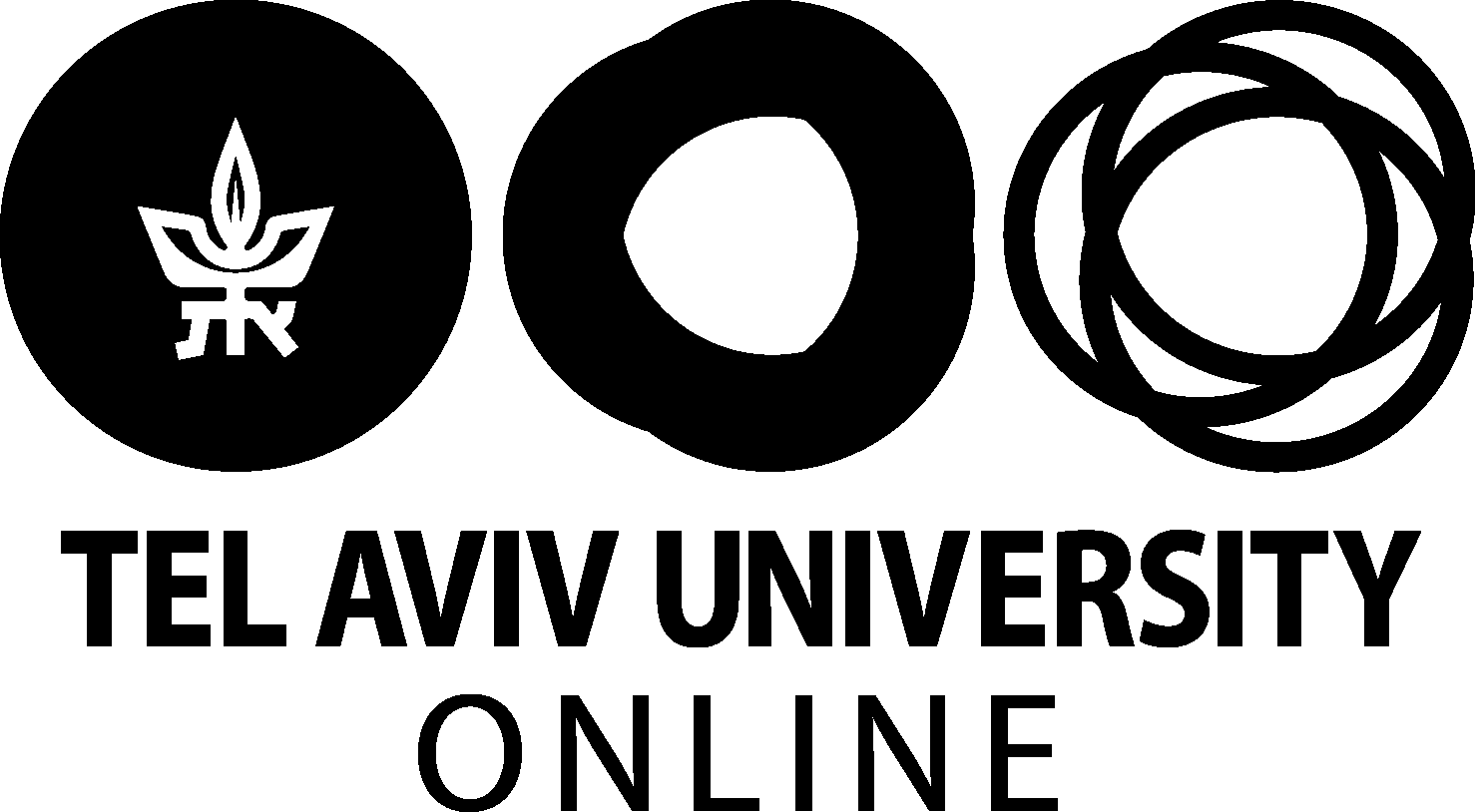HOPE: Human Odyssey to Political Existentialism
What sets us apart, and brings us together, as humans? How can we live up to our humanity? Join us as we explore not only "life, liberty, and the pursuit of happinness, "but "death, freedom, and the pursuit of meaning."
HOPE has been created in collaboration with Princeton University.
In this course, we look for answers to seemingly unsolvable queries: Why breathe? Why breed? Why bleed? What justifies continuing, creating, and killing lives?
Human Odyssey to Political Existentialism (HOPE) is a journey into the human condition and its politics, turning to existentialism for guidance.
Most philosophers ask, “what is the good life?” and answer, "to feel good, or to be good, or to do good." Existentialism asks, “what is life good for?” and traces the answers that people, in their lived experience, give – to foster our own.
HOPE is a richly interdisciplinary course: anchored in political science and philosophy. It also draws on history, sociology, psychology, and economy – synthesizing theoretical insights with empirical findings; both vintage and novel. HOPE shows that science and art can create a wonderful synergy when studying – indeed foregrounding – our humanity.
HOPE employs novel technologies in ways that enhance – not drain – our humanity and our ability to turn from “power politics” to “purpose politics”: cultivating creative, courageous, civil choices – the gist of existential politics.
In HOPE, you will find:
- Animated talks, interviews and student discussions
- Exploration of key concepts and figures – thinkers, artists, and politicians – both ancient and modern
- A host of fascinating questions to probe alone, and together, with friends and in class
- Myriad multimedia features, including various forms of art (painting, prose and poetry, cinema, tv, and music)
- An invitation to choose between several edifying projects, including a personal journal and a collective newspaper
What you'll learn:
- The tenants, thinkers, and concepts of existentialism
- What distinguishes humans from animals and machines
- The meanings of identity and authenticity and how they impact politics
- The nexus between liberty, freedom, bad faith, and reflection
- Types of happiness and the point of pursuing it – privately and publicly
- The importance of death and dread in our lives
- How people seek meaning and legitimacy through truth, morality, and religion
- The interplay of love and alienation, and the use of both in politics
- What, and how much, we may hope for
About the proffesor:
Uriel Abulof is a research fellow at Princeton University’s LISD / Woodrow Wilson School and at the Truman Institute for the Advancement of Peace.
He is a Senior Lecturer (US Associate Professor) at Tel-Aviv University’s School of Political Science, Government and International Affairs, where he directs the graduate studies program.
Abulof studies the politics of fear and legitimation, social movements, existentialism, nationalism and ethnic conflicts.







